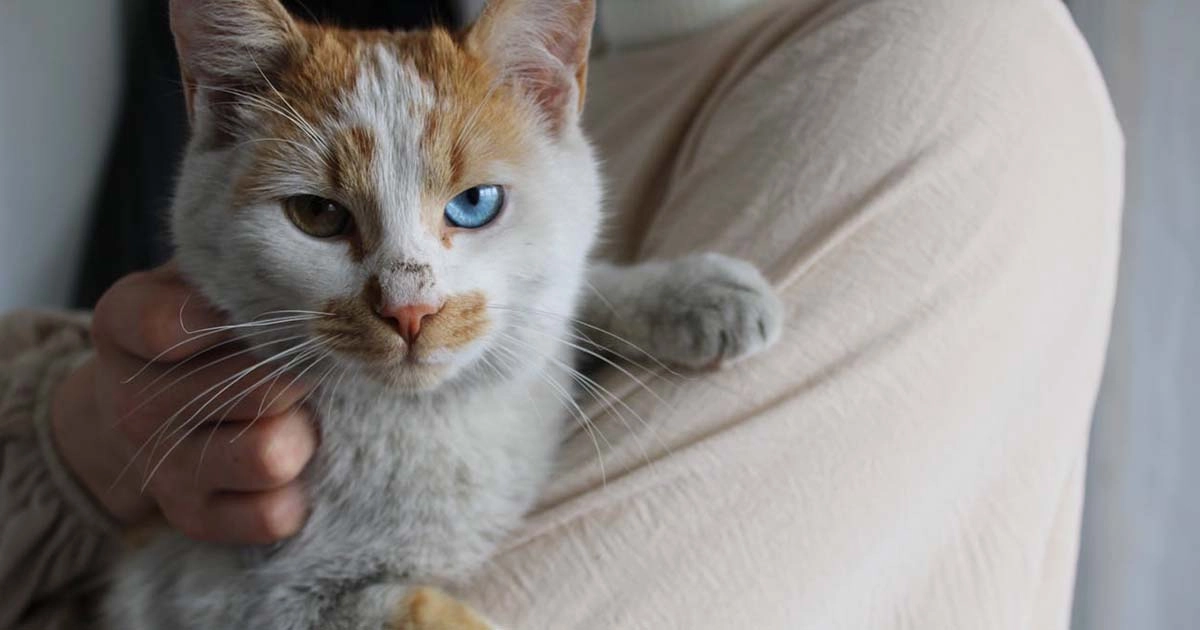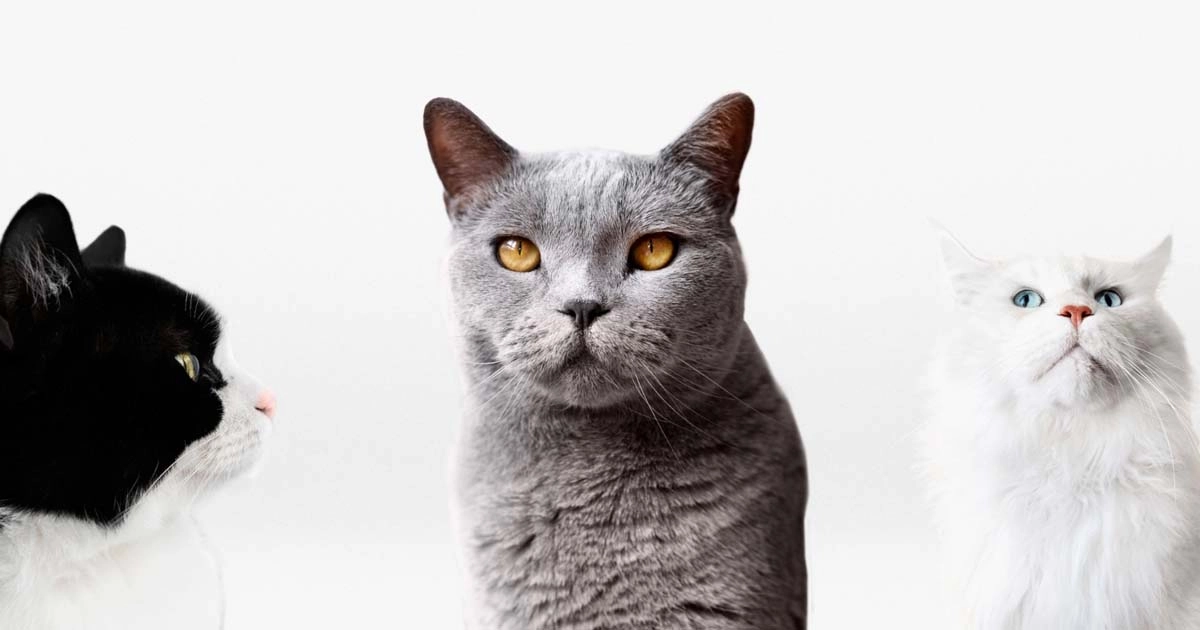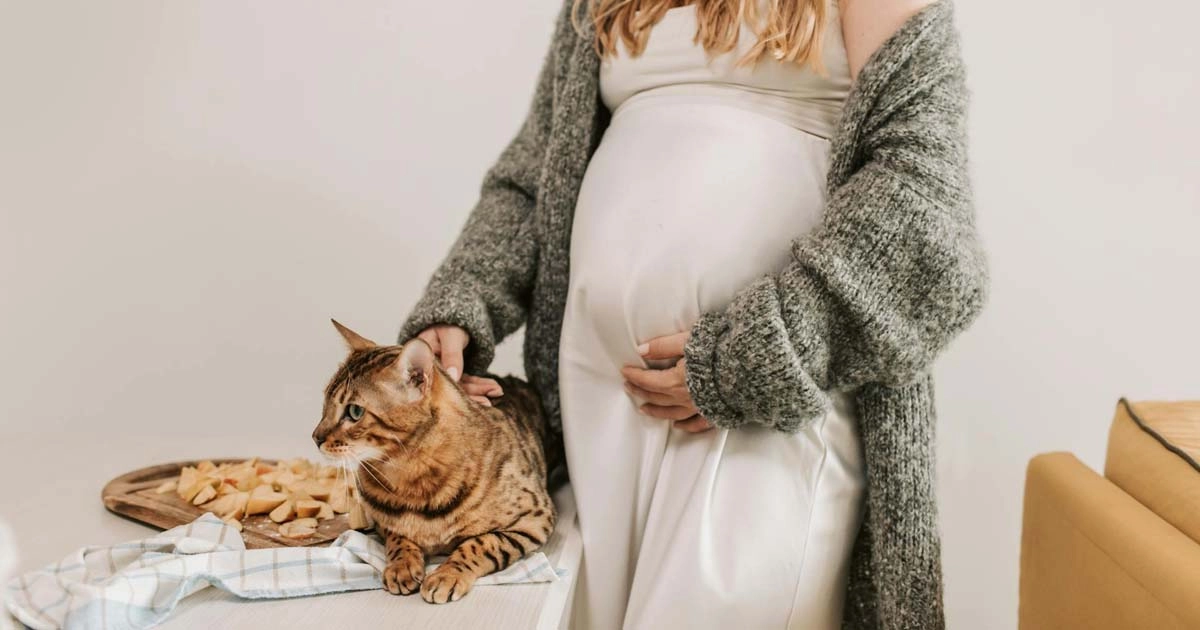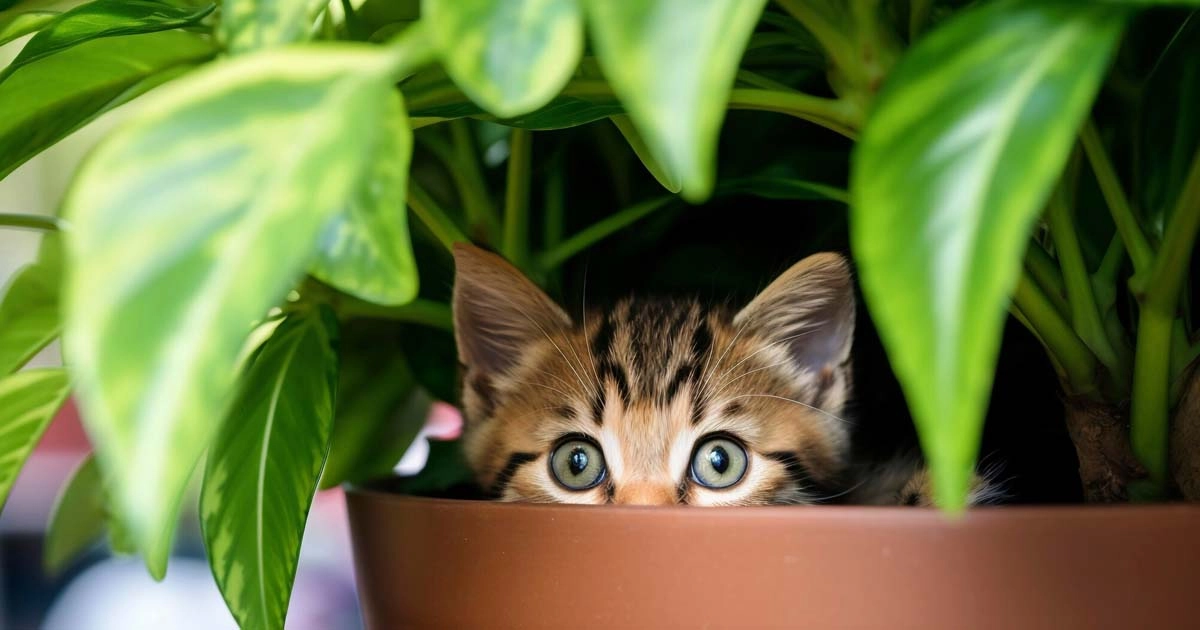All about Tortoiseshell cats: Unique traits, personality and care

Cat
03/12/2024
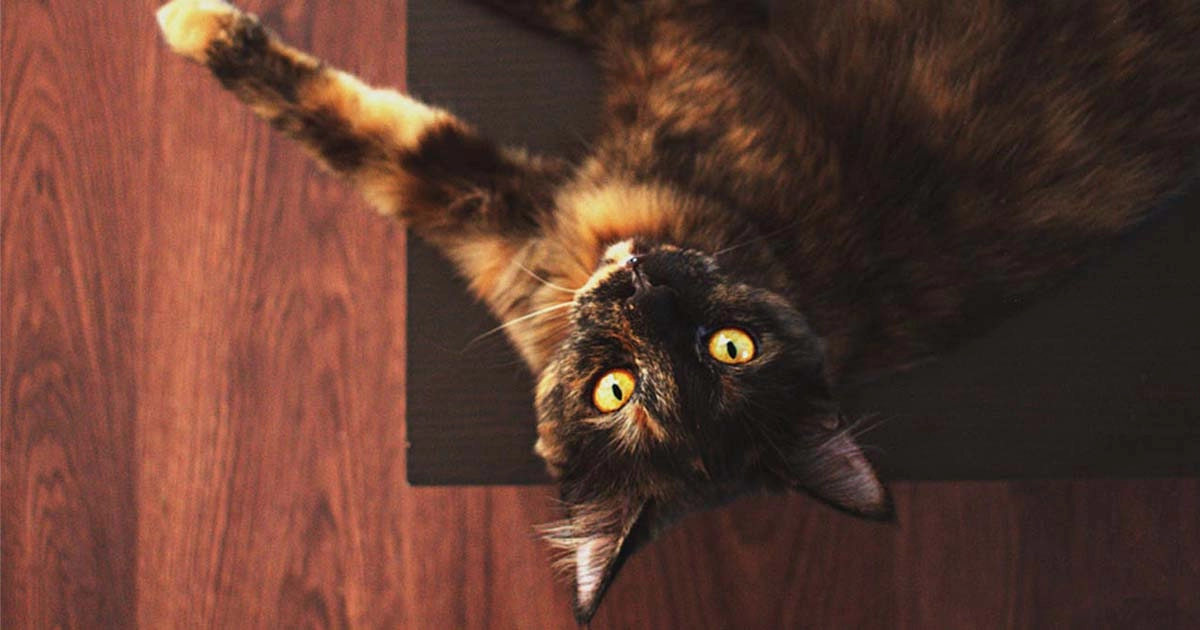
Tortoiseshell cats, affectionately called "torties," are not a specific breed but are distinguished by their unique coat pattern. This pattern combines shades of black, red, orange, and cream in a patchwork or blended style resembling a tortoise shell. At mybestie.gr, we explore the fascinating genetics behind these cats, as most tortoiseshells are female due to factors linked to the X chromosome. Male tortoiseshells, incredibly rare at about 1 in 3,000 cats, owe their existence to a genetic anomaly called Klinefelter syndrome.
Table of contents
Origins and history of Tortoiseshell cats
Tortoiseshell cats have been cherished across cultures for centuries. Ancient folklore and mythology surround these cats, often attributing them with good luck and mystical qualities. For example, Japanese fishermen believed that tortoiseshell cats could ward off ghosts, while Irish traditions linked them to financial prosperity. These cats have been found across multiple breeds, indicating that their coat pattern evolved naturally and has been celebrated globally.
Personality and "Tortitude"
One of the most notable traits of tortoiseshell cats is their lively personality, often described as "tortitude." This term refers to their strong-willed, sassy, and independent nature. Torties are known to be affectionate but can also exhibit a feisty streak, making them incredibly entertaining companions. Their behavior, however, can vary widely depending on their breed and upbringing, as the tortoiseshell pattern appears in many breeds.
Coat variations and appearance of Tortoiseshell cats
Tortoiseshell coats come in different patterns, including:
- Mosaic: Random mixing of colors across the body.
- Chimera: A more defined split between two colors, often seen on the face.
- Brindled: A woven mix of colors throughout the coat.
Some torties also have tabby markings, earning them the nickname "torbies." This variety in patterns adds to their unique appeal.
Health considerations
Since tortoiseshell cats are not a single breed, their health depends largely on their breed and lifestyle. Generally, they are as healthy as other cats but may inherit breed-specific conditions, such as dental issues in Persians or joint problems in Maine Coons. Male tortoiseshells, due to their genetic makeup, can suffer from health complications like reduced bone density and sterility. It’s essential to maintain regular veterinary checkups to catch potential health concerns early. A balanced diet and proper grooming are also key to keeping your tortie healthy and happy.
Caring for a Tortoiseshell cat
Tortoiseshell cats thrive in environments where they receive plenty of stimulation and affection. Their strong personalities mean they enjoy interactive toys and games, along with cozy spaces for napping. Since their coat pattern appears in both short-haired and long-haired breeds, grooming needs will vary. Short-haired torties require minimal grooming, while long-haired ones, like Maine Coons, benefit from regular brushing to prevent matting.
Why adopt a Tortoiseshell cat?
Tortoiseshell cats are stunning, charismatic, and deeply rewarding companions. Their striking appearance combined with their unique "tortitude" ensures that no two torties are alike. Whether you're drawn to their folklore or their vibrant personalities, adopting a tortoiseshell cat is sure to bring color and joy into your life.
If you're considering adopting one, visit your local shelter. Torties are often available and make wonderful pets when given a loving home.
